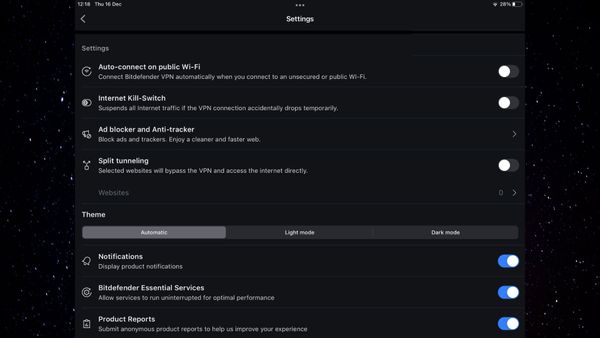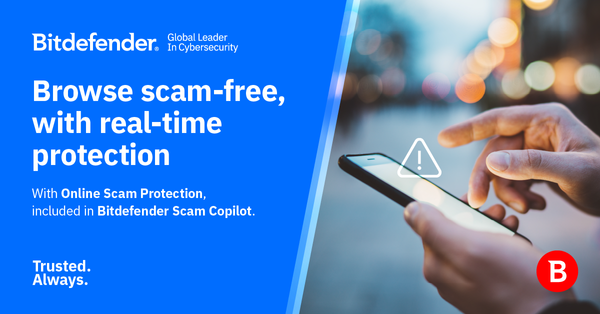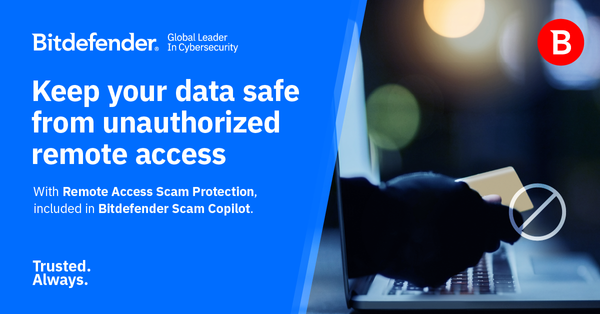VPN Kill Switch: How It Works and Why You Need One

It’s no secret that VPNs can help protect your privacy by anonymizing your connection and cloaking critical personal data such as your real location, identity and IP address.
Therefore, one might assume that staying private on the Internet is only a matter of running your connection through a secure, encrypted tunnel. As it turns out, though, things are a bit more complicated than that.
VPN encrypts your traffic
As we previously explained, VPN services protect your online privacy by routing your traffic through a secure tunnel, away from your ISP-assigned route. This prevents your ISP and any snoops from listening to your traffic.
Even if they could find a way to intercept your traffic, they still couldn’t decipher it, as most VPN services protect your data with military-grade encryption. However, this protection only stays in place for as long as you’re connected to a VPN service.
VPN connections can occasionally drop
Like any other Internet connection, VPN connections are prone to randomly drop throughout the day. Spikes in network activity usually cause these drops, and they happen so quickly you may not even notice them.
In this situation, most VPN clients re-connect to the closest secure server available so that your experience is unhampered and your privacy stays safe. However, most of the time in the situation above, your system defaults to an insecure internet connection, which could put you at risk.
First, you need to understand that your ISP can monitor your connection 24/7, even if you run it through a VPN. It won’t see the websites you visit or services you use, but it can still know you’re connected to a VPN server.
Inadvertently disconnecting from the private VPN tunnel and reverting to your default, insecure connection, even for a few seconds, can reveal critical data to your ISP or snoops.
Kill switches block insecure connections
A kill switch is a security component used by trustworthy services such as Bitdefender VPN. A kill switch ensures that your device won't revert to its default Internet connection if the VPN connection suddenly drops.
Some providers feature whitelists where you can enable apps to bypass the kill switch rules and still relay Internet traffic, even without a VPN connection.
Bitdefender VPN features a kill switch
Bitdefender VPN includes a built-in kill switch that lets you prevent your system from reverting to a default, insecure connection if the VPN suddenly drops. However, for convenience, this feature is not enabled by default.
Activating a kill switch without knowing how it works may confuse users who don’t understand why their device’s internet connection has ended. As a result, users may decide to remove the VPN client altogether instead of simply reconnecting to a VPN server or turning the kill switch off.
To toggle the kill switch feature on and off in Bitdefender VPN, go to the Settings menu and flip the Internet Kill-Switch on. This feature can prevent your private data from leaking if you suddenly lose connectivity to the VPN server. It’s worth noting that manually disconnecting from the VPN tunnel or shutting down the VPN client altogether on your system won’t limit your Internet connection.”
tags
Author

Vlad's love for technology and writing created rich soil for his interest in cybersecurity to sprout into a full-on passion. Before becoming a Security Analyst, he covered tech and security topics.
View all postsRight now Top posts
How to Protect Your WhatsApp from Hackers and Scammers – 8 Key Settings and Best Practices
April 03, 2025
Outpacing Cyberthreats: Bitdefender Together with Scuderia Ferrari HP in 2025
March 12, 2025
Streamjacking Scams On YouTube Leverage CS2 Pro Player Championships to Defraud Gamers
February 20, 2025
How to Identify and Protect Yourself from Gaming Laptop Scams
February 11, 2025
FOLLOW US ON SOCIAL MEDIA
You might also like
Bookmarks









